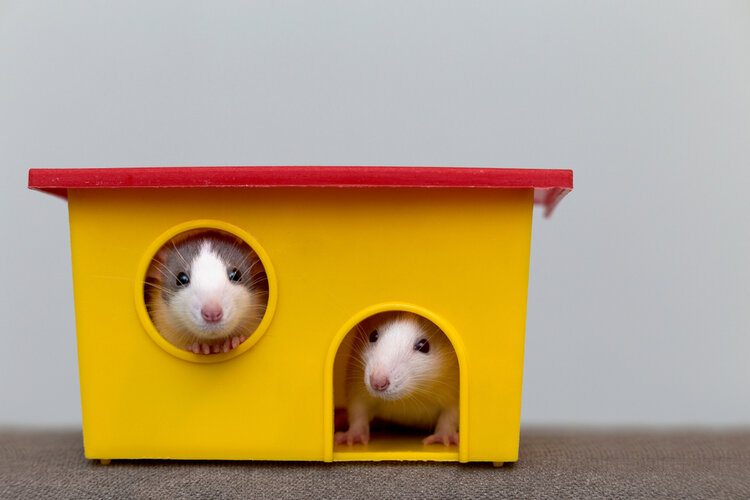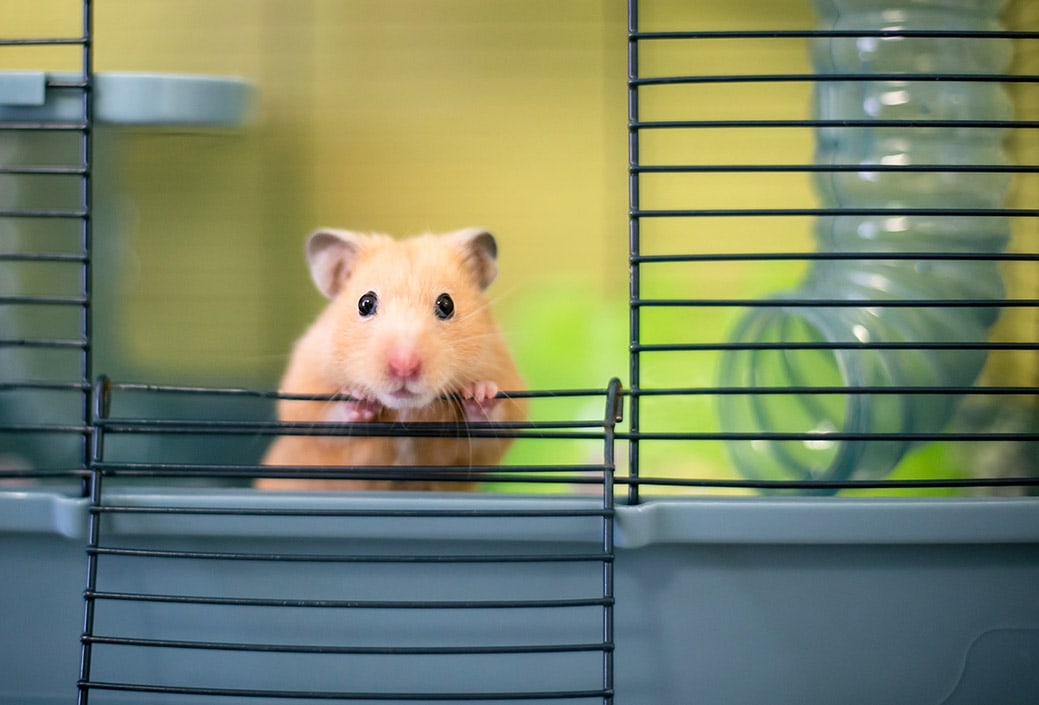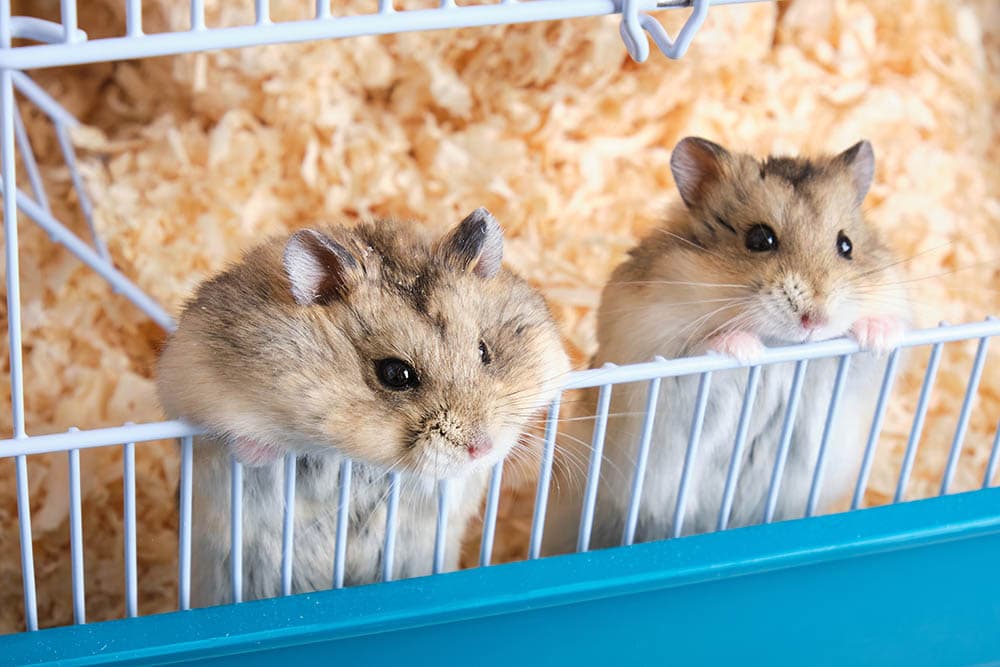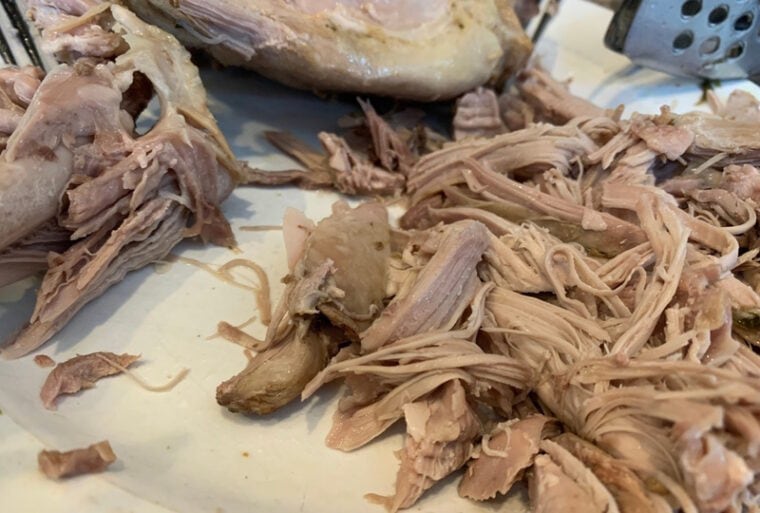
Click to Skip Ahead
As pet parents, we love giving our pets treats from time to time. It’s such an easy way to make them happy, which is a treat for us! But it’s also important to not give our pets anything unsafe.
For all of you hamster owners out there, if you’ve ever wondered if it would be okay to share a Thanksgiving treat with your pet, know that you can give turkey to your hamster. However, it must be cooked, unseasoned, and only a tiny amount.
In this article, we discuss the ways that turkey can benefit your hamster and the best way to go about giving it to them.
The Nutritional Benefits of Turkey
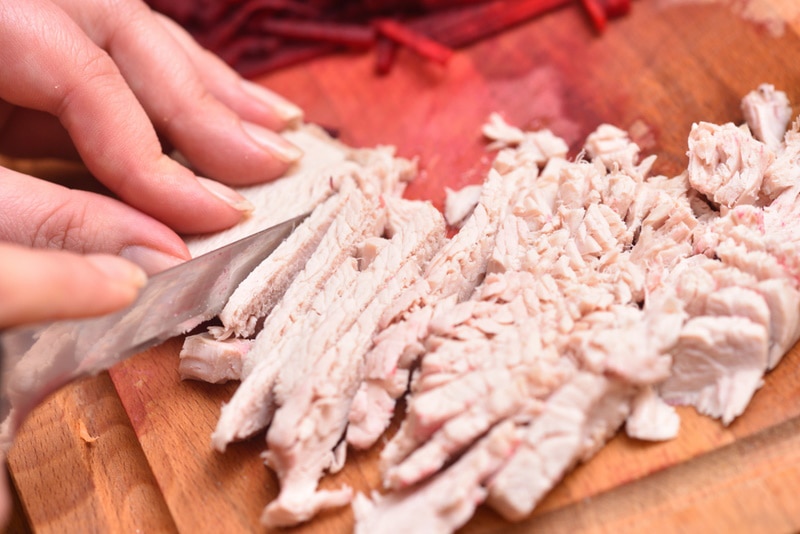
Turkey is a popular meat that comes from a large bird native to North America. Traditionally, turkey is quite popular during the holidays of Thanksgiving and Christmas, but it goes great on a sandwich any time of the year. Turkey is also considered a lean meat, so it’s an excellent option for people watching what they eat.
The nutritional value of about 84 grams (or 3 ounces) of plain turkey breast is as follows:
How Does Turkey Benefit Hamsters?
Turkey is high in protein and low in carbohydrates, fat, and calories, which is why we love it so much! This is how turkey benefits hamsters:
The Risks of Turkey for Hamsters
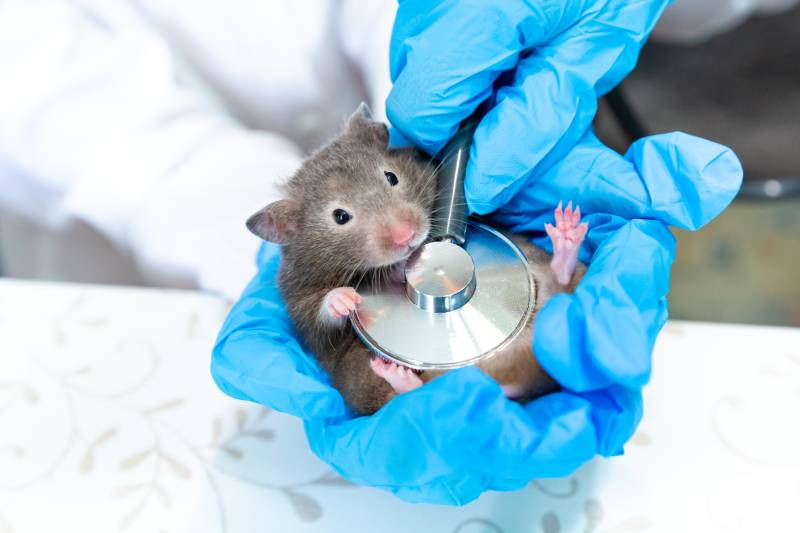
Regardless of the benefits of turkey, there are definite risks:
How Do You Prepare Turkey for Your Hamster?
First, the turkey must be well-cooked. Undercooked turkey is dangerous for hamsters. Second, the turkey should be cooked without any seasonings or added ingredients, which include fats like butter or oil or any salt or other seasonings.
The best way to cook turkey is in boiling water. Ensure the internal temperature reaches 165°F. You can give your hamster a tiny bit of your holiday turkey as long as you pull it from the parts of the turkey that don’t have seasoning.
Be sure to remove the skin; this is higher in fat, usually contains seasonings, and can even pose a choking hazard.
How Much Turkey Can You Give Your Hamster?
How much turkey you can feed your hamster depends on the size of your hammy. Bear in mind that turkey should be given in moderation and only considered a treat.
Aim for about 1/2 an inch of turkey cut up into teensy pieces. You should give turkey to your hamster no more than once a week.
If you are giving turkey to your hamster for the first time, start with 1-2 pieces around the size of your pinky nail. Keep a close eye on them for the next 24 hours, and if they show no signs of discomfort or diarrhea, you can increase the amount next time.
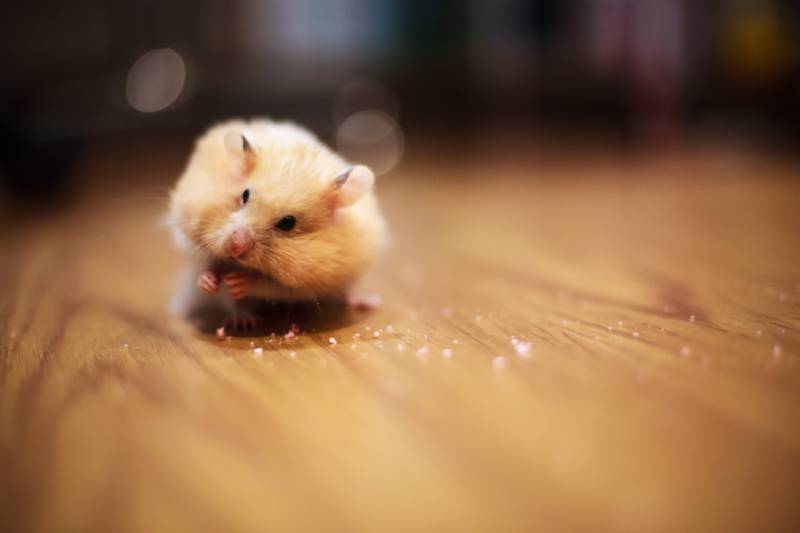
Your Hamster’s Diet
The primary ingredient in a hamster’s diet is hamster pellets, which should have the following nutritional balance:
You’ll also need to provide your hammy with unlimited hay, the most common being timothy hay. It’s used for eating, burrowing, and nesting, and helps keep their teeth at a suitable length.
You can follow the guidelines on your hamster’s food in order to figure out how much to feed them daily, and you can also have a chat with your vet for further input. But as a general rule, hamsters don’t typically eat more than 1/8 of a cup of food in a day.
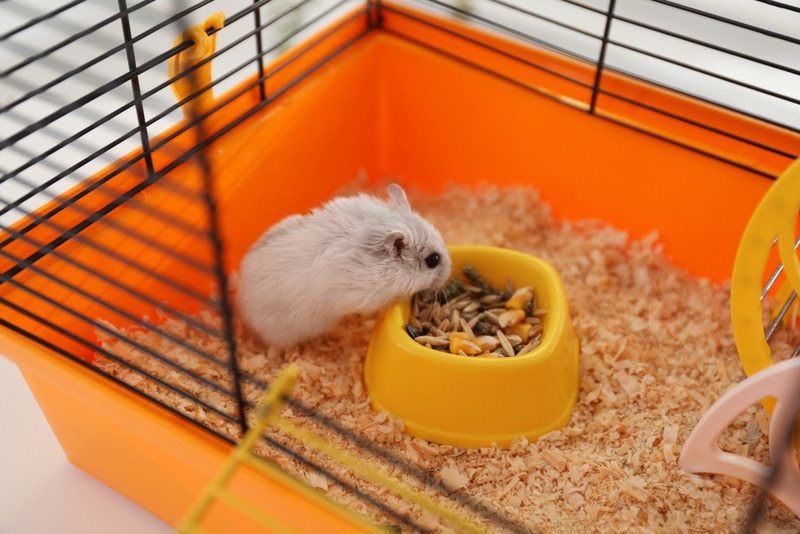
Healthy Snacks for Hamsters
Hamsters are omnivores. Wild hamsters eat things like plant matter, fruit, seeds, and insects. Beyond hay and pellets, you should give your pet hamster extra grains, protein, fruits, and vegetables.
The following are supplements and may be necessary to balance out your hammy’s diet but should still only be given in moderation:
Conclusion
Cooked and unseasoned turkey can make a great addition to a hamster’s diet. However, remember that you should only give them a small amount of turkey that’s cut up in small pieces, no more than once a week. Turkey will add protein to your hammy’s diet, so if they enjoy it, it’s a win-win for everyone.
Just ensure that your hamster is primarily eating a balanced diet of high-quality hamster pellets, along with occasional fruits, veggies, and seeds. This way, your hammy can remain healthy and happy throughout their lifetime.
See Also:
- Can Hamsters Eat Coconut? Vet Approved Nutrition Facts & Advice
- Can Hamsters Eat Pomegranate? Vet Approved Nutrition Facts & Advice
Featured Image Credit: Jaclyn Vernace, Shutterstock



